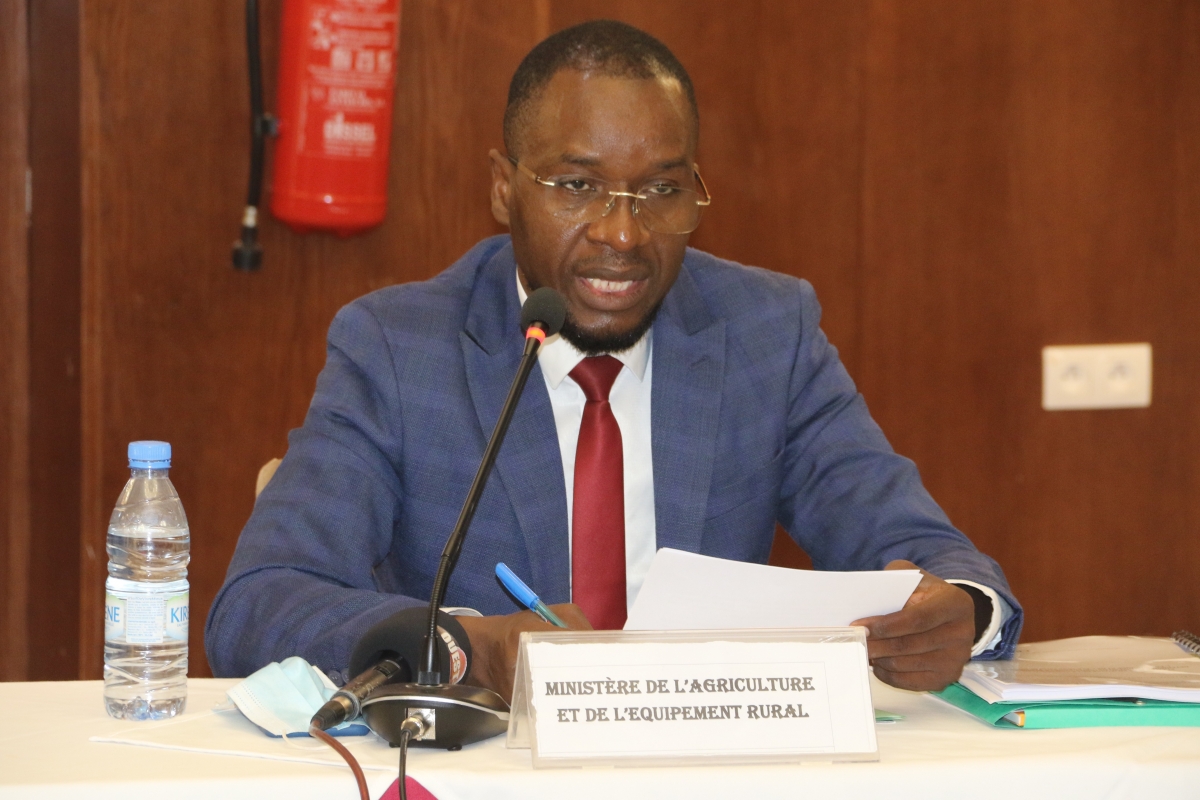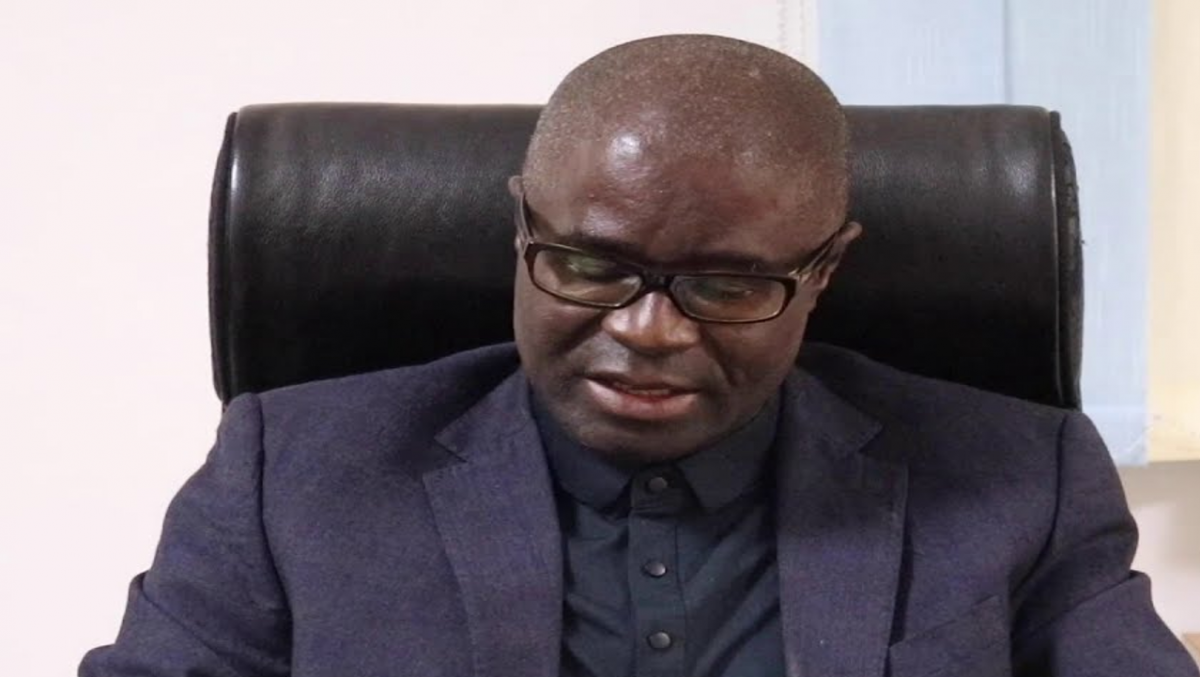October 2021- Sixty-percent of the Senegalese rural population works in the agriculture sector, producing cash crops like groundnuts and food crops like cereals, according to FAO Senegal. Livestock and fisheries are also important sub-sectors, contributing to food and nutritional security and wealth creation. In rural areas, small-scale, rainfed family farms predominate and are critical for livelihoods and food security. Nevertheless, the country imports the majority of its food, which means households are vulnerable to fluctuations in global markets.
Further, climate change is projected to lead to rising temperatures, increased droughts and decreased rainfall in Senegal, which would have significant impacts on the agriculture sector and food security. In response to these challenges, the government of Senegal recognizes the urgent need to implement adaptation and mitigation measures to increase the resilience of its ecosystems and populations to the impacts of climate change and to reduce greenhouse gas (GHG) emissions by 2030.
Senegal embarked on the process of developing its National Adaptation Plan (NAP) in 2015, adopting a sectoral and participatory approach that identified priority sectors based on the analysis of the national climate change action plan NAPA (2006). The process of developing sectoral NAPs, including the agriculture NAP, is currently underway at the national level, in coordination with various partners. Following its first submission of the nationally determined contribution (NDC) to the UNFCCC in December 2020, Senegal partnered with FAO and UNDP to accelerate climate solutions in agriculture and land use through the Scaling up Climate Ambition on Land Use and Agriculture through NDCs and National Adaptation Plans (SCALA) programme, funded by the German International Climate Initiative (IKI).


The programme was officially launched during a two-day inception workshop in September 2021, where key stakeholders discussed SCALA’s activities and objectives to be implemented over the next four years. The discussion centered on the agroecological solutions (such as composting), improving crop varieties, agroforestry and the importance of operationalizing the concept of “agripreneur”. To learn more about the national priorities discussed, the SCALA programme sat down with two technical advisers from the Ministry of Agriculture and Rural Equipment, Mr. Boubacar Drame and Mr. Younoussa Mballo, to unpack the opportunities and objectives of the programme.
***
SCALA: What are the key priorities for the agriculture and land use sector that have been outlined in your country's NDC?
Mr. Drame and Mr. Mballo: In the NDC, Senegal has emphasized the agriculture, livestock, fisheries and forestry sectors, which are all highly dependent on natural resources and land use (soil, water, biodiversity) and strongly threatened by climate change. Particularly in the crop production sector, the mitigation priorities are focused on the Intensive Rice Cultivation System, composting and assisted natural regeneration. Regarding adaptation priorities, we will focus on our most vulnerable ecosystems and populations and will work to increase their resilience to climate change impacts.
SCALA: What are the main obstacles encountered in achieving adaptation and mitigation objectives?
Mr. Drame and Mr. Mballo: In Senegal, there has been a low level of integration of the NDC and NAP priorities in the planning and budgeting process of the agriculture, livestock and fisheries sectors involved in climate action. Moreover, there is a lack of coordination and capacity in intersectoral planning and implementation of climate actions, which decelerates the advancement of adaptation and mitigation objectives. Another obstacle is the availability of data and information to actors, especially at the family farming level, on issues like climate risks and access to adaptation and mitigation measures. Lastly, there is a need to strengthen the information system measures for the effective monitoring and evaluation of transformative climate mitigation and adaptation actions.
SCALA: Senegal is part of the SCALA Programme. How can SCALA support the country in these efforts?
Mr. Drame and Mr. Mballo: Human capital is one of the priority pillars of the future vision of the Plan for Emerging Senegal. In this context, any programme contributing to the strengthening of organizational capacities contributes to the achievement of the development objectives of our country. Given that, Senegal plans to achieve its climate objectives in terms of land use and agriculture through the transformation of agri-food systems. The systemic approach adopted by the SCALA programme with all stakeholders constitutes an innovative approach to overcome obstacles and help define actionable priorities. Through fostering stakeholder commitments, the SCALA programme will further support the government of Senegal in accessing sustainable solutions, by considering cross-cutting issues and promoting synergies between ongoing initiatives.
SCALA: Keeping in mind the key priorities set for the agriculture and land use sector, where do you think the private sector can contribute the most?
Mr. Drame and Mr. Mballo: Establishing a dialogue with local communities and the private sector will catalyze more effective implementation of on-the-ground action planned in the NDC and sectorial NAPs. The private sector will also play a role in promoting risk reduction measures by creating funding mechanisms for sustainable mitigation/adaptation actions. We also wish to mobilize the private sector to invest in compost, organic materials and locally adapted varieties.
SCALA: In what ways has the COVID-19 pandemic affected the climate agenda in your country?
Mr. Drame and Mr. Mballo: The COVID-19 pandemic has affected the whole population, all sectors, and the economy. COVID-19 abruptly interrupted the implementation of many development goals and even annihilated the improvements noted in recent years in Senegal. This has resulted in redefining our priorities through the second Priority Action Plan in all sectors including agriculture, as well as other priority sectors as we recover the economy.
***
Senegal has a strong motivation to enhance its climate strategies and create more sustainable production patterns and food systems. To reduce GHG emissions and build resilience, Senegal will first create synergies between local community stakeholders and the private sector to reinforce acquired knowledge and build on good practices in terms of mitigation/adaptation to scale up action. The SCALA programme is supporting Senegal over the next four years to achieve climate plans through a national multi-stakeholder dynamic to build institutional, financial and technical capacities and foster transformation actions such as agroecology and agroforestry. It will work closely with other initiatives in the country such as the Global Environment Fund funded National Adaptation Plan , the Strengthening Agriculture Adaptation project and the Scaling up Agroecology projects.

